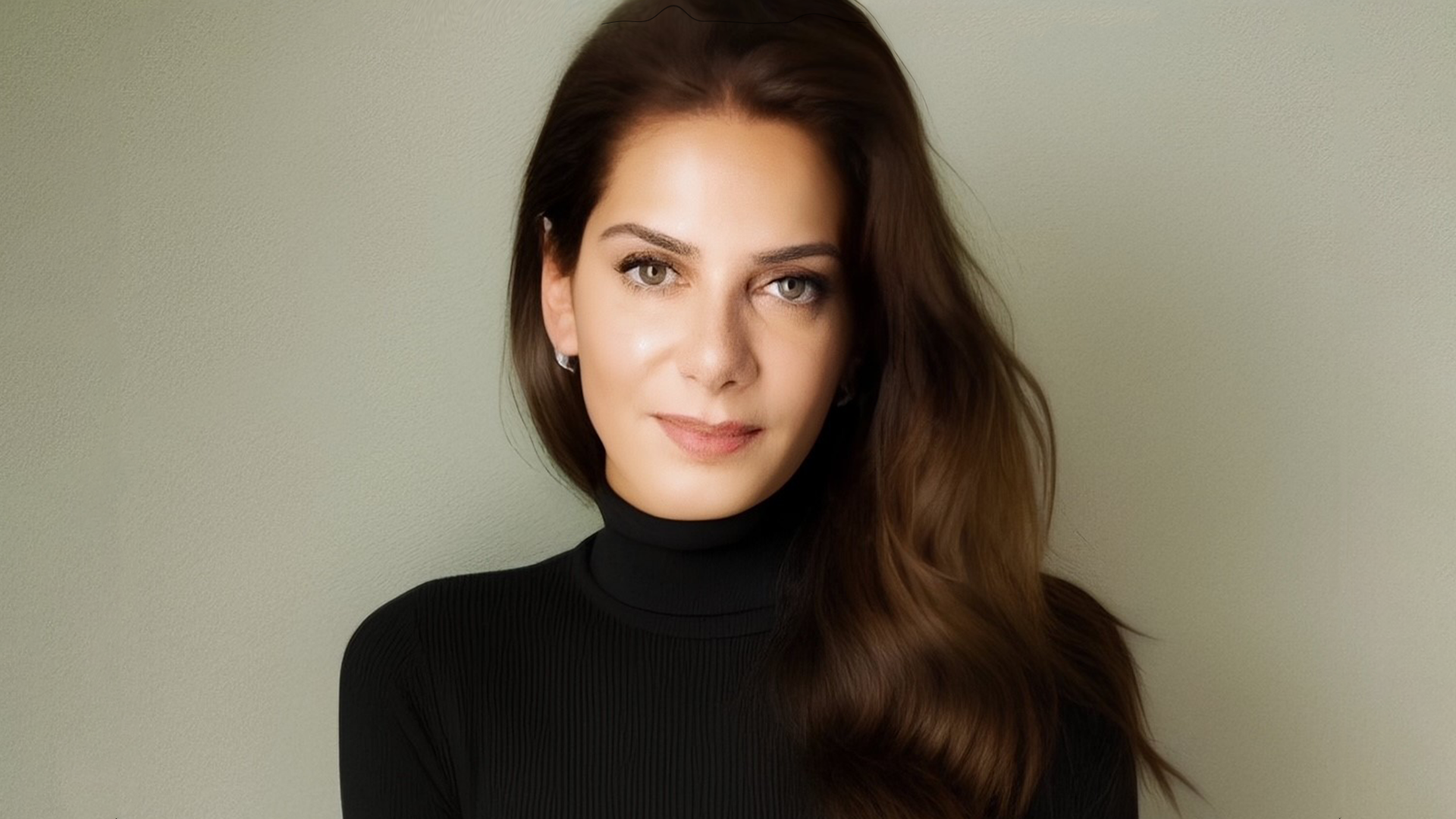
Ten of the top minds in luxury share their thoughts on the trade’s post-pandemic future.
It is the Spring of 2021. The luxury industry has taken its first tentative steps in the post-COVID-19 world. What defines the new landscape?
For starters, it’s considerably more digital. Imagine augmented reality filters that allow watch lovers to project a hologram of a timepiece on to their wrists, super-charged communication apps that connect sales associates to V.I.P. clients, and virtual reality showrooms where buyers can browse merchandise with the help of virtual assistants.
While many of these features were bound to become ubiquitous in the luxury trade within the next few years, COVID-19 is forcing companies to bring them to market within months. The same goes for direct-to-consumer e-commerce. Brands that have long shied away from disrupting their wholesale networks realize there is an urgent need to provide clients options for how they purchase and acquire goods — direct online sales offer the clearest path to do so. And these are just the earliest hints of seismic shifts yet to come.
We asked ten of the top minds in the luxury goods trade — including watchmakers, analysts, e-commerce pioneers, hospitality executives and jewelers — to highlight the lasting consequences of the crisis. In addition to the accelerated growth in online sales, many noted a growing emphasis on sustainability and the inevitable loss of brands unable to weather the storm.
In spite of the fact that 2020 has already been labeled “the worst year in the history of modern luxury,” however, the subtext of their replies was an enduring optimism about the industry’s resilience. (Consider the $2.7 million in sales that Hermès did in a single day at its flagship boutique in Guangzhou upon re-opening in April, according to WWD.)
“The luxury world rebounded from previous crises,” says David Kellie, chief executive of the Natural Diamond Council. “And I see this as no different.”
Below, we dig deeper into the luxury mentality and explore how some of the industry’s move-makers envision a shifting world due to the pandemic.
Jean-Christophe Babin, Group CEO, Bulgari

“We fear that small independent and weakly positioned names will undergo structural issues and, in some cases, even disappear. Brands like Bulgari will suffer, but considering that watchmaking is only one activity among five, and not the primary one, Bulgari watches will benefit from the support of the other categories, which is the advantage of not being a pure player.”
Guy Bedarida, Creative Director, Marina B

“We believe fine jewelry is in a position to thrive as a category in our post-pandemic world. The opportunity lies in telling a story through very personal luxury goods that have meaning for the individual wearer. After all of this is over, if not sooner, consumers will be seeking pleasure in small, attainable ways. The mindset that jewelry has inherent value will also be a factor as everyone considers their personal spending power.
There will also likely be a shift in the way people shop — finding a trustworthy resource will be key. Finally, ongoing philanthropy as part of the luxury world will be an important component."
Maximilian Büsser, Founder and Creative Director, MB&F;

“We, as an industry, will have to give way more reasons for somebody to buy a watch — and just showing off you’ve got money may not cut it in.”
Christian Clerc, President, Global Operations, Four Seasons Hotels and Resorts

“Luxury for the new world will focus on technology, enhanced tools and training, and the strengthening of our already stringent health, safety and cleanliness protocols. And while we will limit face-to-face interactions, we will remain connected with our guests. Our already popular App and Chat will be an important part of this new reality, providing a contactless and controlled experience that doesn’t compromise Four Seasons compassionate, genuine service.”
Benjamin Clymer, Founder and Chief Executive, Hodinkee.com

“When we evaluate brands to take into the site, the question we ask is: Are you creating an asset for somebody or a liability? The most obvious example is a Rolex Steel GMT. You know instantly that’s an asset—that you can sell it. That’s a really important thing in luxury. And too few brands are producing assets; most are producing liabilities. Those watches may still be worth something, but you just recorded a loss on most purchases. That’s what drives the power of Rolex or a really special Omega or Audemars Piguet—because there’s a sense of trust in the brand.”
David Kellie, Chief Executive, Natural Diamond Council

“Trends will be greatly enhanced and exaggerated. The world has talked about sustainability before the crisis—but many simply paid lip service to it. This will really hit home, the impact and the force of nature. And the power of connection. That’s why I’m really confident that when the world is back in business, we can do a lot with diamonds. Relationships—ones that don’t matter to us will be gone, but the ones that do matter to us will be even stronger and people will invest more time in those relationships.”
Valerie Messika, Founder, Messika Jewellery

“Before COVID-19, the industry was going too fast and the consumer was suffocating — a crash was inevitable. We now have to take a step back and appeal to consumers who need time to digest what they buy. We need to think less about seasonal trends and more about timeless pieces.”
José Neves, Founder, Co-Chairman and CEO, Farfetch

“In the future, digital transactions are expected to represent a significantly larger proportion of the overall luxury industry. With current retail store closures, travel restrictions, and shifting consumer shopping habits, I expect to see an acceleration of this secular shift to online.”
Milton Pedraza, Chief Executive Officer, Luxury Institute

“Unfortunately, there’s no question that at least for the next 24 months, small companies that live hand to mouth will be acquired if they’re a worthwhile acquisition or they’ll go under. Financial strength matters tremendously right now. You’ll see consolidation. That may be good. It will separate luxury from pretenders, from premium and other categories that are legitimate but not luxury.
Looking at the hierarchy of things that matter — homes come first. The luxury home industry is poised for success. People may not want to spend time in a hotel, but they still want to go on vacation. What better way to be isolated than to rent a luxury yacht or a luxury villa? The luxury charter yacht industry and private jets are doing extremely well right now.
“We’ll see a lot more true customization and personalization. Consumers will control their data realtime and will share it with brands they trust. And brands will be stewards of that data, not mercenaries or coopters. And we won’t see this hard selling, this transactional selling in luxury — the norm will be relationship building. I also believe sustainability will take hold: Brands will try to produce less, at better quality and better value and they will manage supply chains with a lot more care — and consumers will demand it. If you think the consumer is in control now, wait until five years from now.”
Fflur Roberts, Head of Global Luxury Goods, Euromonitor International

“We’ll go back to being more concerned about the sustainability element. While lots of these sustainability projects have been put on hold, what the COVID-19 outbreak has done is that it has forced people to look at how we’ve been living. We’ll go back to being far more mindful about how we live and how we treat the planet."
“Heritage will become more important — that’s great for the Swiss watch industry. It maybe that consumers do look towards more longevity in their purchases, stop buying fast fashion and more to luxury and luxury that’s made locally. This idea of localism is going to come into play. We’re traveling less — by default, things becomes more local.”










